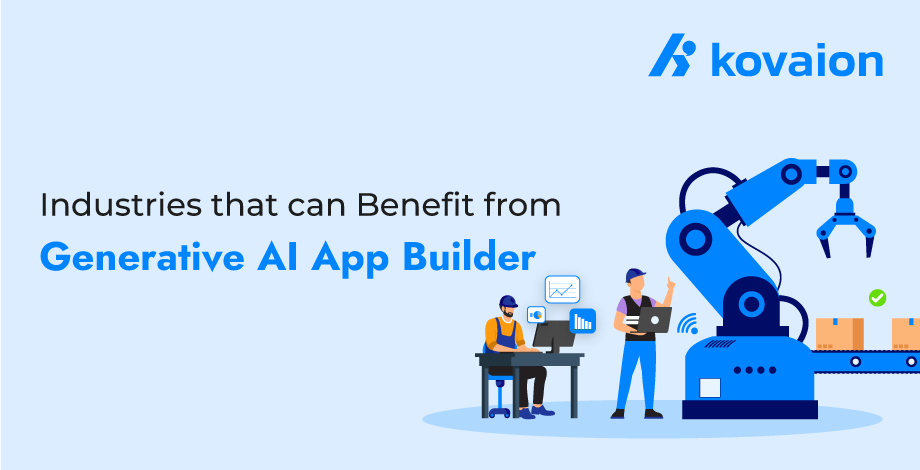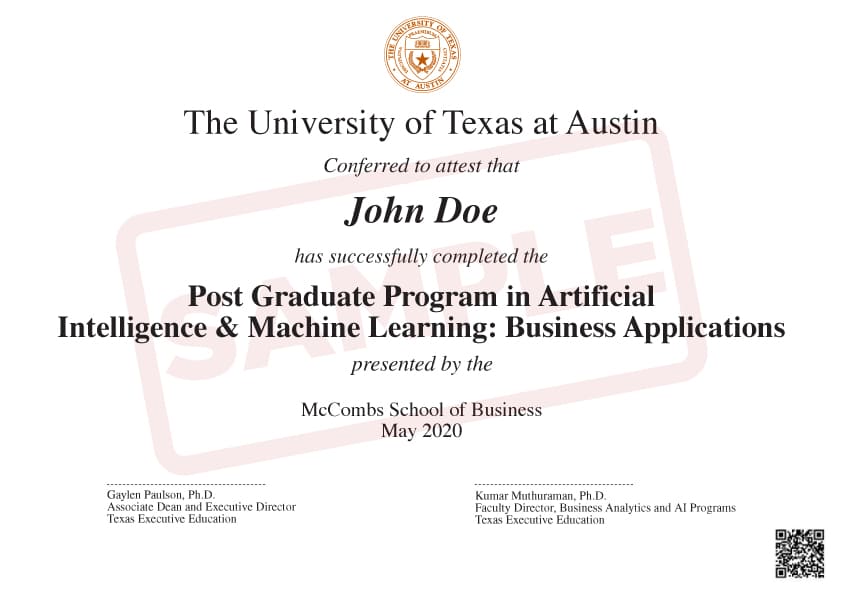ChatGPT is back in college classrooms for the fall semester
After tens of thousands of returning students clogged Boston-area streets over the long weekend, they're heading back to classes this week. A big part of this year’s learning experience will involve artificial intelligence apps, particularly the generative variety that helps with brainstorming, writing papers, and coding.

Many students have already been using tools like Microsoft-backed ChatGPT and Amazon-backed Claude. This year they'll also find a growing cadre of more specialized apps designed for specific courses or topic areas. The early days approach of restricting AI on college and university campuses has fallen by the wayside.
Acceptance of AI in Education
Three years ago, the approach towards AI was quite restrictive, as Jerry Potts, who teaches strategy at The Carroll School of Management at Boston College, recalls. However, there has been a significant shift towards wider acceptance now.
“We’re all realizing it's here — especially in a business school,” Potts, who spent 36 years at investment manager MFS before becoming a full-time professor in 2020, added. “How can you ignore this tsunami?”
Potts has used an AI chatbot to review his course materials, both to improve the offerings for students and to get a sense of how students might use the AI systems on assignments. While there are still issues with chatbots making up information or hallucinating, the AI is improving.
“I’ve had to rewrite all my assignments to be much more focused on connecting dots that aren’t out there,” he said. Students will have to connect their personal experiences to course content “to synthesize that into something creative but different,” he explained.
Specialized AI Programs in Education

Some schools are going even farther and crafting specialized generative AI programs for students to use in specific courses.
Jeff Bussgang, general partner at VC firm Flybridge Capital Partners and a senior lecturer at Harvard Business School, is bringing back a specialty chatbot he dubbed ChatLTV to his class on entrepreneurship.
All 250 students in the class had access to the bot last year, using it for everything from defining arcane accounting terms to figuring out when Bussgang had office hours. This summer, with a former student’s help, Bussgang updated the app to ChatGPT’s latest “4o” version and added more course content.
“It is blazing fast,” Bussgang said in an email.

At MIT’s Martin Trust Center for Entrepreneurship, professor Bill Aulet has debuted a chatbot called “JetPack” that can take students through his rigorous 24-step process for developing a startup business and a “minimum viable product,” or MVP. Built over the past six months, the app is “an MVP of an AI assistant for our students,” Aulet wrote on LinkedIn last week.
After a student inputs a business idea, the AI bot collects and organizes research about possible customers, marketing approaches, financial models, and more.
“Like a jetpack, it does not work autonomously but it sure accelerates the process and will allow for many more iterations in the same amount of time,” Aulet wrote.
Despite the hype around generative AI, Aulet and others are working to make sure this technology becomes considerably more useful and widespread than the jetpack.










